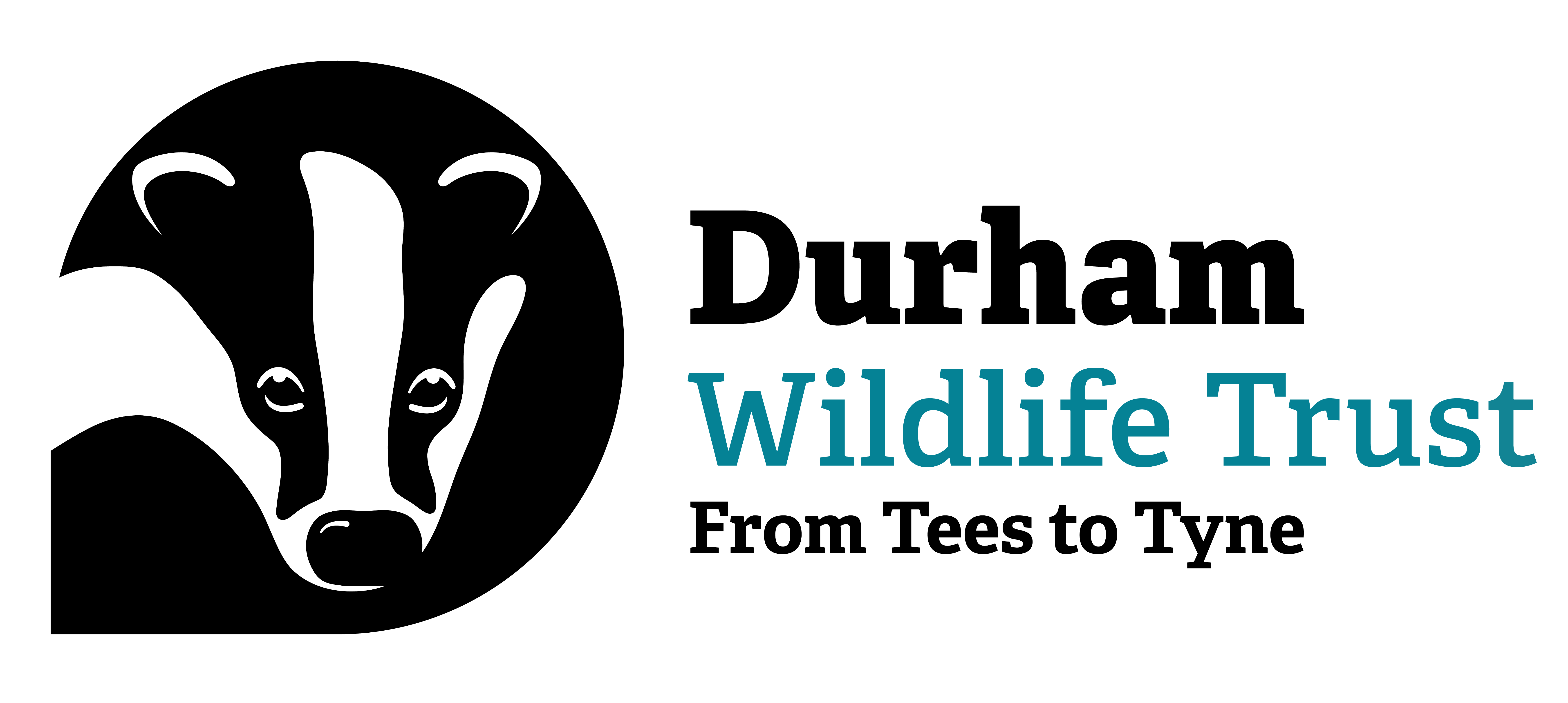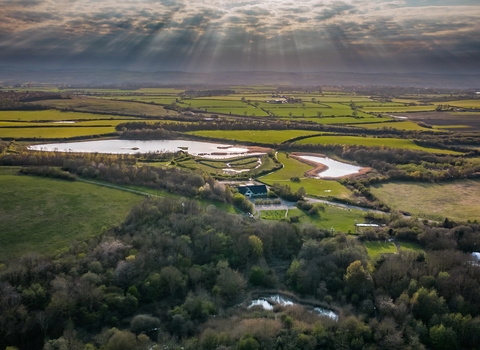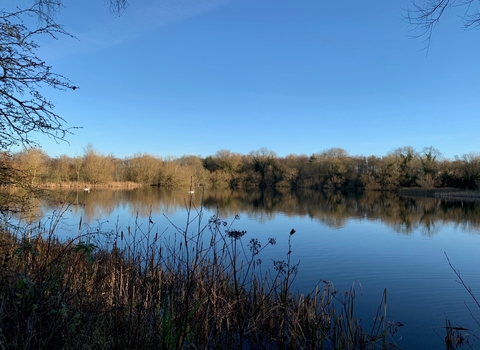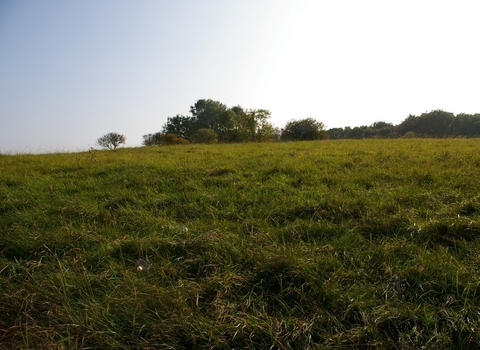
Location
Know before you go
Dogs
When to visit
Opening times
Closed site, access via organised guided visit onlyBest time to visit
Closed site, access via organised guided visit onlyAbout the reserve
Durham Wildlife Trust’s Discover Brightwater Landscape Partnership is already restoring habitats across the catchment of the River Skerne. Sections of the canalised river channel have been re-naturalised and lost wetlands, once part of Durham’s historic Carrs, are being restored for nature.
In March 2022, the Trust took a further step towards realising its vision for the Great North Fen by purchasing 61 hectares of grassland on the Skerne floodplain just north-east of Newton Aycliffe. The land, lying between the A1 and the East Coast Main Line railway, is at Ricknall Carrs, one of the historic wetlands that once extended across the catchment of the River Skerne.
Durham Wildlife Trust was able to purchase the land thanks to funding from Veolia and Durham County Council.
The site requires work to allow it to reach its full potential for wildlife, as opportunities exist to improve not just the over-wintering habitat, but to also ensure this site supports breeding populations of waders.
The first phase of restoration works were completed in August 2024 with a number of wetland scrapes, ponds and channels created on the site, mimicking those that would have once criss-crossed the area before the River Skerne was canalised to help drain the land. Additional seeding and planting has been undertaken to re-introduce many of the wetland plants that would have thrived on the fens and wetlands of the Durham Carrs, and further propagation and seeding works are planned.
The Trust will be working in partnership with neighbouring farmers to manage this site through conservation grazing, once habitat creation works are completed.
The site is already rich in birdlife through the autumn and winter. Lapwing, curlew, redshank, oystercatcher, golden plover, greylag goose, pink-footed goose, snipe, teal, shell duck, wigeon are regular present. With the River Skerne attracting great white egret, heron, and goosander.







